Alexander Yuk Ching Ma, a former CIA officer and contract linguist for the FBI, has pleaded guilty to charges of espionage for China. Ma, 72, admitted to spying for China for at least a decade during a court hearing on Friday in Honolulu.
Arrested in August 2020, Ma faced overwhelming evidence from the U.S. Justice Department, including a video from 2001 showing Ma and an older relative, also a former CIA officer, sharing classified information with Chinese intelligence officers. The video also depicted Ma counting $50,000 received from Chinese agents for his services.
During a sting operation, Ma accepted thousands of dollars in cash from an undercover FBI agent posing as a Chinese intelligence officer, reiterating his desire to see the “motherland” succeed, according to prosecutors. The secrets he provided included details about CIA sources, international operations, secure communication practices, and operational tradecraft.
Ma’s guilty plea to conspiracy to gather or deliver national defense information to a foreign government is part of a plea agreement with prosecutors. The agreement suggests a 10-year prison sentence, but the final decision rests with the judge at Ma’s sentencing on September 11. Without the plea deal, Ma could have faced a life sentence.
Born in Hong Kong, Ma moved to Honolulu in 1968 and became a U.S. citizen in 1975. He joined the CIA in 1982, served overseas in 1983, and resigned in 1989, holding a top-secret security clearance. Ma lived in Shanghai before returning to Hawaii in 2001, where he worked as a contract linguist for the FBI’s Honolulu field office from 2004. During this period, Ma regularly copied and stole classified documents, often taking them to China and returning with cash and expensive gifts.
Assistant U.S. Attorney Ken Sorenson revealed that Ma’s employment as a contract linguist was a ruse by the FBI to monitor his interactions with Chinese intelligence officers. The FBI had been aware of Ma’s connections with Chinese intelligence and hired him to work at an off-site location in Honolulu to track his activities.
In 2006, while in Hawaii, Ma received photos from Chinese intelligence officers of individuals they were interested in. Ma then contacted his co-conspirator relative and persuaded him to reveal the identities of at least two individuals.
During the court hearing, Ma confirmed the truth of Sorenson’s descriptions and acknowledged signing nondisclosure agreements that remained in effect after leaving the CIA. He admitted knowing that providing information to Chinese intelligence officials could harm the United States or benefit a foreign nation.
In 2021, Ma’s former defense attorney suggested Ma might be suffering from early-stage Alzheimer’s disease, noting a family history of the condition. However, a judge later found Ma competent and not suffering from a major mental disease, disorder, or defect.
Ma’s plea agreement includes his commitment to cooperate with government representatives, provide detailed facts during debriefings, and submit to polygraph examinations, representing a lifetime commitment to the United States.
Source: U.S. Justice Department, Court Filings, Assistant U.S. Attorney Ken Sorenson.

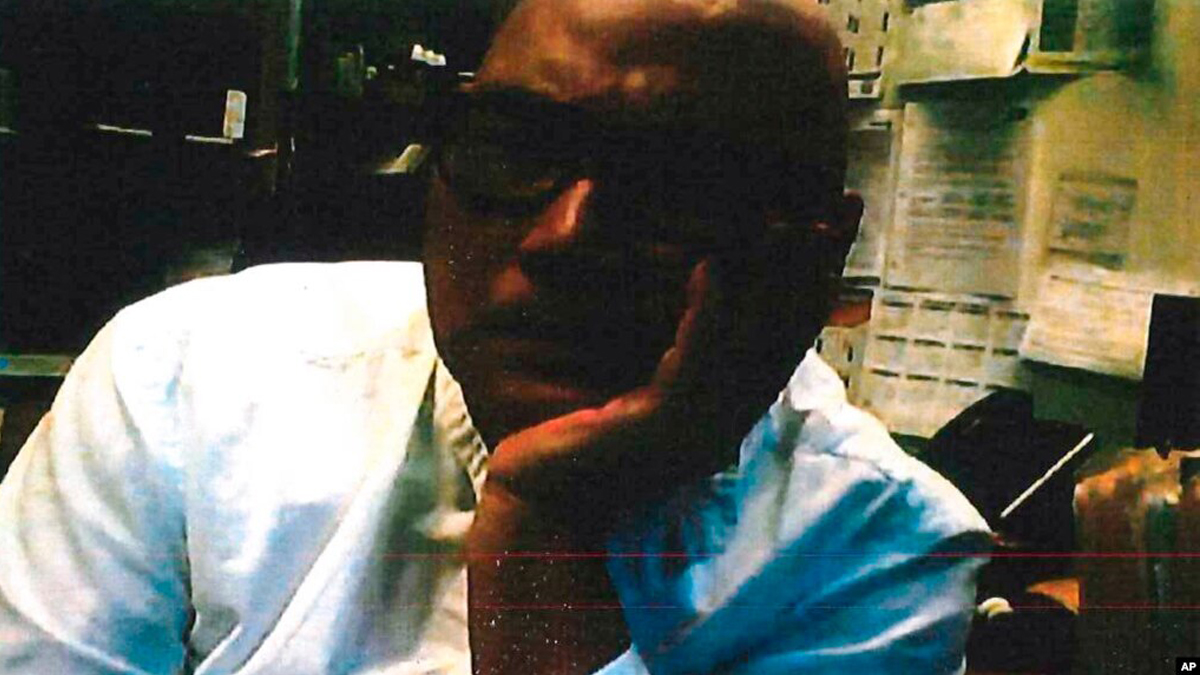
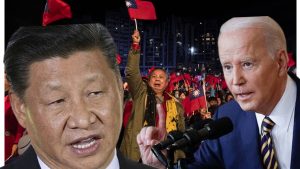
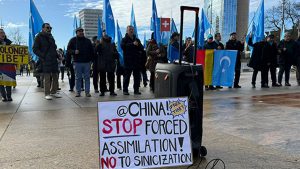


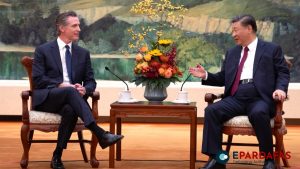
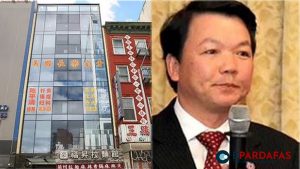






Comments